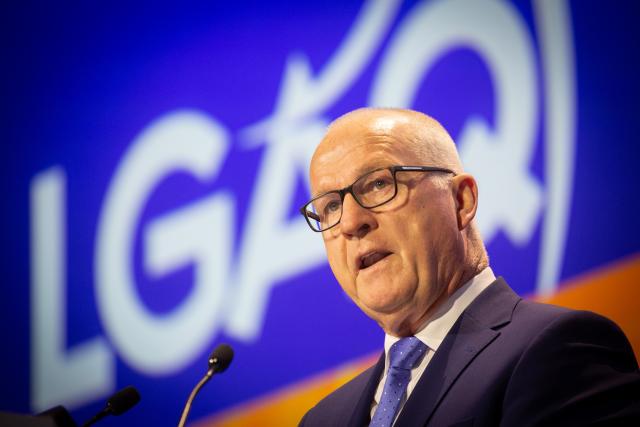The peak body representing Queensland councils has welcomed recommendations to protect the right of elected local government representatives to speak out in support of their local communities.
Local Government Association of Queensland (LGAQ) president and Sunshine Coast Council Mayor Mark Jamieson thanked the Parliamentary State Development and Regional Industries Committee for its work in reviewing the functions of the Office of the Independent Assessor (OIA) – and urged the State Government to adopt the majority of the Committee’s recommendations.
Mayor Jamieson also called on the Independent Assessor to ensure the OIA heeded the committee’s findings and committed to improving its performance going forward.
“The onus should now be on the Independent Assessor ensure the committee’s recommended changes are implemented from the top down, or the government should consider whether it is now time to change direction and appoint someone else to lead the body going forward,” he said.
“On behalf of our member councils, I thank the committee for its work over the last 12 months – work that is of critical importance to mayors, councillors and council CEOs across this state.
“Integrity bodies should hold elected members to account but they should not prevent them from doing the job they were elected to do.
“All that we have ever wanted to see is that the local government integrity body is operating as it should and not using mayors and councillors as guinea pigs.
“Mayors and councillors should not fear being reprimanded, penalised or having their reputations irreparably damaged for speaking out on issues of importance to their local communities, or for moderating their social media sites to protect themselves from racial abuse, or for helping the local pastor access a spare set of keys to conduct a Sunday church service.
“We strongly welcome recommendations to put beyond doubt the ability of mayors and councillors to exercise their implied right to freedom of political expression and speak out on behalf of their communities and to bring in a new offence for those using the complaints system as a political weapon.
“New recommended timeframes for assessment of complaints and investigations, to ensure matters are dealt with swiftly and appropriately, are also very much welcomed.
“This will prevent complaints hanging over the heads of councillors for several months or even years in some cases. As the committee heard, this causes enormous stress and reputational damage.”
Recommendations strongly supported by the LGAQ include:
* Consideration of a new offence for vexatious complainants as previously recommended by the Independent Council Complaints Review Panel in 2017.
* That it be made clear that the Code of Conduct for Queensland Councillors does not impinge on implied freedom of political speech.
* That it be made clear that moderating a social media account, including blocking certain individuals is not a breach of the code of conduct.
* That the standards of behaviour set out in the Code of Conduct for Queensland Councillors be reviewed to ensure its clear and unambiguous interpretation by all stakeholders.
* That the OIA and the Councillor Conduct Tribunal consider utilising the services of an experienced former local government manager to increase expertise in this area.
* That the OIA adhere to new timeframes for managing complaints, including finalising its initial assessment within seven days of receiving the complaint, completing investigations – including natural justice processes – within 28 days and that conduct matters be determined within three months of referral.
* That a statute of limitations be introduced on complaints.
“I want to again thank Deputy Premier Steven Miles for requesting this inquiry,” Mayor Jamieson said.
“The inquiry heard harrowing examples from local government representatives of how the system was being weaponised; of the vast sums of money being spent on legal fees once an investigation was underway; and of councillors feeling they couldn’t do the job the public had elected them to do.
“I also want to thank those many courageous mayors, councillors and council CEOs who came forward to share their stories.
“We look forward to these recommendations being accepted and introduced as swiftly as possible.”
The LGAQ will also call on the State Government to review these changes, 12 months after implementation, to ensure the OIA is functioning as intended.

















